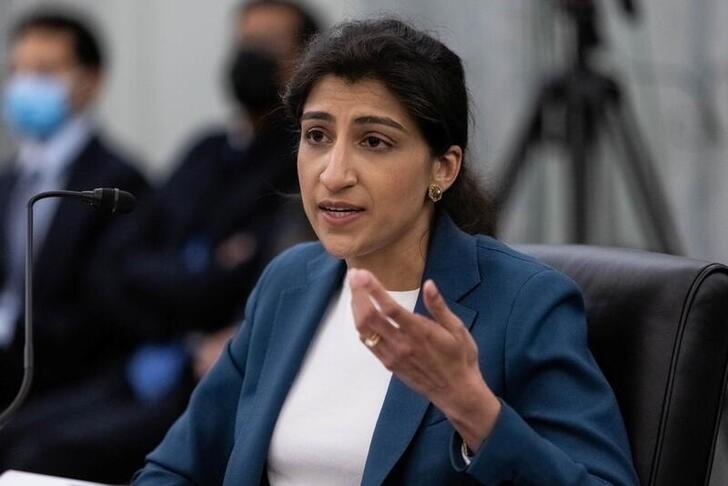The FTC has voted to issue special orders directing nine large U.S. retailers and wholesalers to explain the reasons behind the ongoing supply chain crisis and how these disruptions are resulting in “serious and ongoing hardships for consumers” and harming competition in the economy.
Under Section 6(b) of the Federal Trade Commission (FTC) Act—which gives the agency the authority to conduct studies unrelated to law enforcement issues—orders have been issued to Walmart, Amazon, Kroger, C&S Wholesale Grocers, Associated Wholesale Grocers, McLane Co., Procter & Gamble, Tyson Foods, and Kraft Heinz Co.





